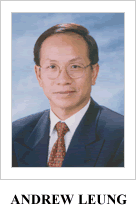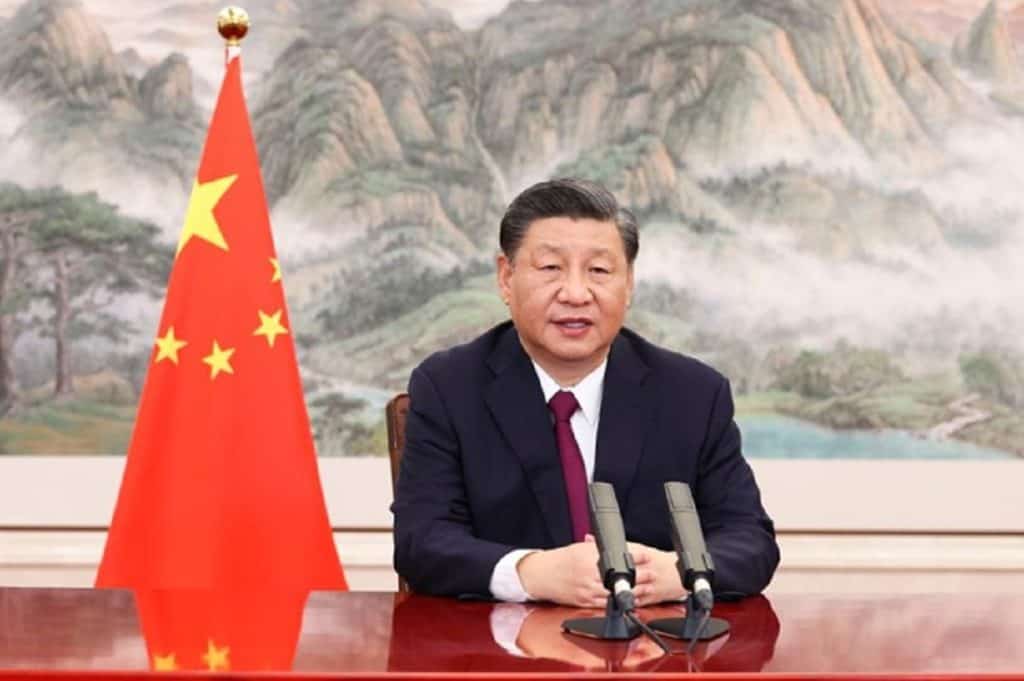By Andrew K.P. Leung (International and Independent China Strategist. Chairman and CEO, Andrew Leung International Consultants and Investments Limited)
The Economist article of 5 May 2022 claims that “Xi Jinping lays out a worldview with Chinese-Russian roots”.
 Laced with arguments soothing to Western ears, the article points out that Beijing’s worldview primarily serves its own best interest, not wanting to lend support to a US-led Western coalition to punish, ostracize, and cripple, if not totally topple, Putin’s Russia.
Laced with arguments soothing to Western ears, the article points out that Beijing’s worldview primarily serves its own best interest, not wanting to lend support to a US-led Western coalition to punish, ostracize, and cripple, if not totally topple, Putin’s Russia.
Well written regardless, the article glosses over the following dimensions:
(a) Should the pot call the kettle black? After all, all nations act in their own best interests, not least the United States. The war in Ukraine is seen as a godsend to revive US leadership and European/NATO unity. It would weaken if not destabilize Putin’s Russia. Likewise, it presents a timely opportunity to implicate Beijing, which, as the article rightly points out, remains the United States’ primary adversary. If all goes according to plan, a crumbling Russia would further empower the United States to prevail on China.
(b) Beijing so far refrains from getting actively involved as a broker over Ukraine. Any even-handedness would be seen by the United States as pro-Russia. Following the US hymnbook would be ignoring Russia’s security concerns; nor would it be in China’s best interests.
(c) The existing US-led “liberal order” seems on the verge of breaking down. It can’t prevent the war over Ukraine from happening. Nor is the United States prepared to get directly involved. It is full of self-serving hypocrisy and double-standards. Witness Guantánamo Bay, illiberal treatment of US immigrants; selective embrace of Arabian authoritarian regimes; and indiscriminate coercion against other countries’ rightful development.
(d) The United States seems turbo-charged to segregate the world into two camps, framing this a contest of the century between democracy and authoritarianism. However, notwithstanding draconian across-the-board sanctions and other restrictions, according to Wang Huiyao, founder and president of Center for China and Globalization (CCG) in Beijing, in 2021, “global trade hit a record $28.5 trillion, up 25% year-on-year and 13% higher than in 2019, before the pandemic struck. For all the talk of decoupling, U.S.-China trade swelled more than 20% last year, to $687.2 billion. Even with war in Ukraine, global trade is forecast to grow in 2022, albeit at a slower pace“. “Cross-border investment also surpassed pre-pandemic levels last year, swelling to $1.65 trillion. China, in particular, is more integrated into the global economy than ever. In 2021, its foreign direct investment inflows rose by a third to an all-time high of $334 billion. In the first quarter of this year, they grew by more than 25% year-on-year“. Click here “Globalization isn’t dead, It’s just not American anymore”, Wang quipped.
(e) Why should a world with diverse history, race, culture, ideology, politics, and stages of development, including ancient civilizations, be dictated by a US-defined one-size-fits-all formula? After all, the West represents only 8% of the world’s population. The developing world now accounts for 57% of the world GDP. 123 countries have China as the largest trading partner compared with 57 for the United States. Not to mention the legitimacy of different regimes in the eyes of their own people. According to latest reports of Harvard Kennedy School Ash Center and Edelman Trust Barometer findings, over 90% of China’s people trust the CCP government, multiple rankings above virtually all Western countries including the United States. Click here
(f) Why shouldn’t President Xi’s idea of a new global security order be at least equally good, if not better, for the world? What is wrong with his call for a security order that is “common, comprehensive, co-operative and sustainable” eschewing divisive alliances and blocs? Wouldn’t this at the very least reduce spiraling global conflicts?
(g) Why should (c) (d) (e) and (f) above be branded as having “Russian roots”?
Author: Andrew K.P. Leung (International and Independent China Strategist. Chairman and CEO, Andrew Leung International Consultants and Investments Limited)
(The views expressed in this article belong only to the author and do not necessarily reflect the views of World Geostrategic Insights).
Image Source: Xinhua







